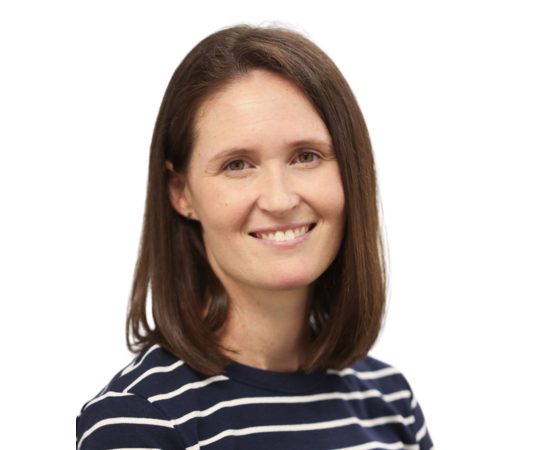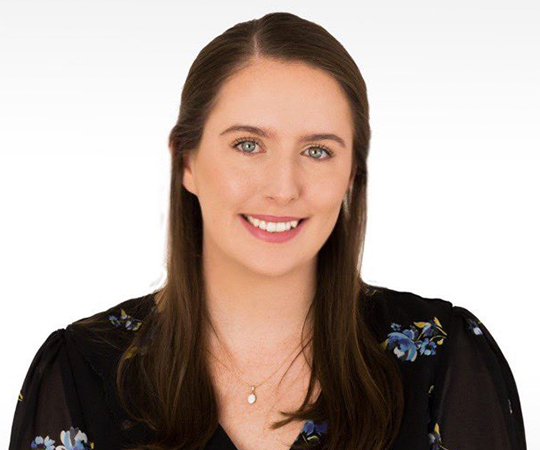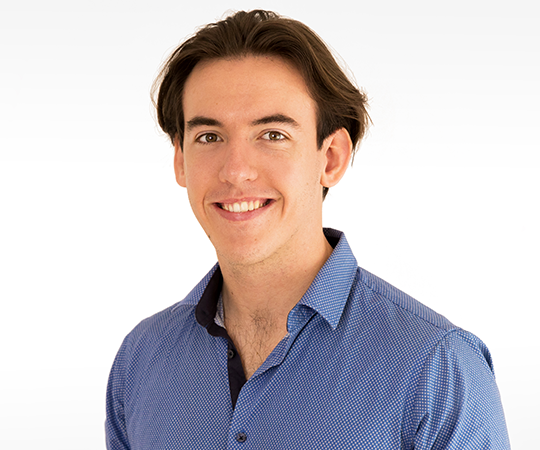Speech Pathology Services
About Speech Pathology
Speech Pathologists work with children and young people to overcome communication and swallowing difficulty.
How Speech Pathology helps your child?
Speech Pathologists also known as Speech Language Pathologists or Speech Therapists assess, diagnose, treat and help prevent difficulties related to speech, language, social communication, voice, swallowing and fluency.
Speech Pathologists can help with communication and swallowing difficulties.
Speech Pathologists can support children and families with the following:
- Speech
- Language
- Literacy (reading and writing)
- Social communication
- Stuttering
- Swallowing and feeding

We can help children with
Improving their ability to be understood by others
Strengthening their skills in reading and writing
Overcoming difficulties with social communication skills
Increasing their comprehension including ability to follow directions
Creating or recommending assistive devices to support their communication
Safe swallowing of food and drink
Reducing their stuttering
Lorem ipsum dolor sit amet, consectetur adipiscing elit, sed do eiusmod tempor incididunt ut labore et dolore magna aliqua.
Lorem ipsum dolor sit amet, consectetur adipiscing elit, sed do eiusmod tempor incididunt ut labore et dolore magna aliqua.
Lorem ipsum dolor sit amet, consectetur adipiscing elit, sed do eiusmod tempor incididunt ut labore et dolore magna aliqua.
Our Speech Pathology Services
Our team

Fees & Funding
While Youthrive is a fee paying service, some Medicare and private health insurance rebates may be available for our services. Families are encouraged to speak with their GP and nominated health fund to find out whether they are eligible various rebates. Please note rebates listed are subject to change without notice.













